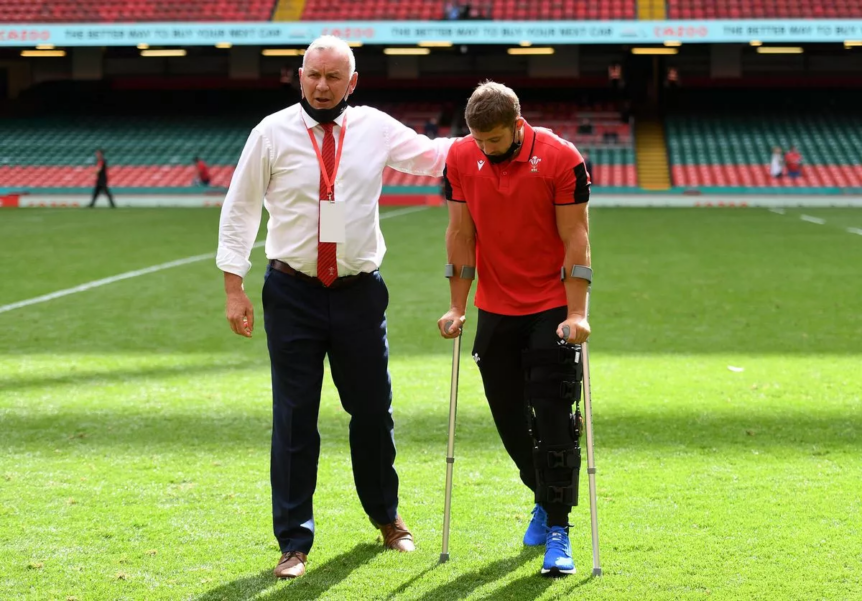Borman A, Derman W, Grobbelaar H.
Scand J Med Sci Sports. 2024; 34:e14604.
Anterior Cruciate Ligament (ACL) injuries are serious and potentially career-ending. Reconstruction surgery and extended rehabilitation typically follow, but some athletes never attain the same level of sport performance.
The psychosocial experiences of athletes who sustain ACL injuries and their cognitive appraisal, emotional and behavioral responses to the injury, and reconstruction require further attention during the different recovery phases.
The aim is to explore these psychosocial experiences, social support needs and sources thereof of competitive athletes who sustained unilateral ACL ruptures and underwent reconstruction surgery.
Semi-structured interviews with six competitive rugby players (M age: 22.3 ± 2.92 years), elicited information at seven time-points. We analyzed the qualitative information through thematic analysis. Five common themes emerged: (1) cognitive appraisal, (2) emotional responses (negative and positive affective responses), (3) behavioral responses, (4) social support needs and sources thereof, and (5) adversity-induced identity expansion (athletic and person-centered identities).
In-vivo quotes gave a rich description of the athletes’ experiences throughout the “long, long journey” to return-to-sport. These findings may sensitize and assist sports healthcare professionals, coaches, teammates, family, and friends to explore various psychosocial experiences throughout the injury and recovery period.
Phase-appropriate psychosocial support or referral to sport psychology services is recommended to enhance the recovery process, improve long-term physical and mental health, and subsequent performance.

